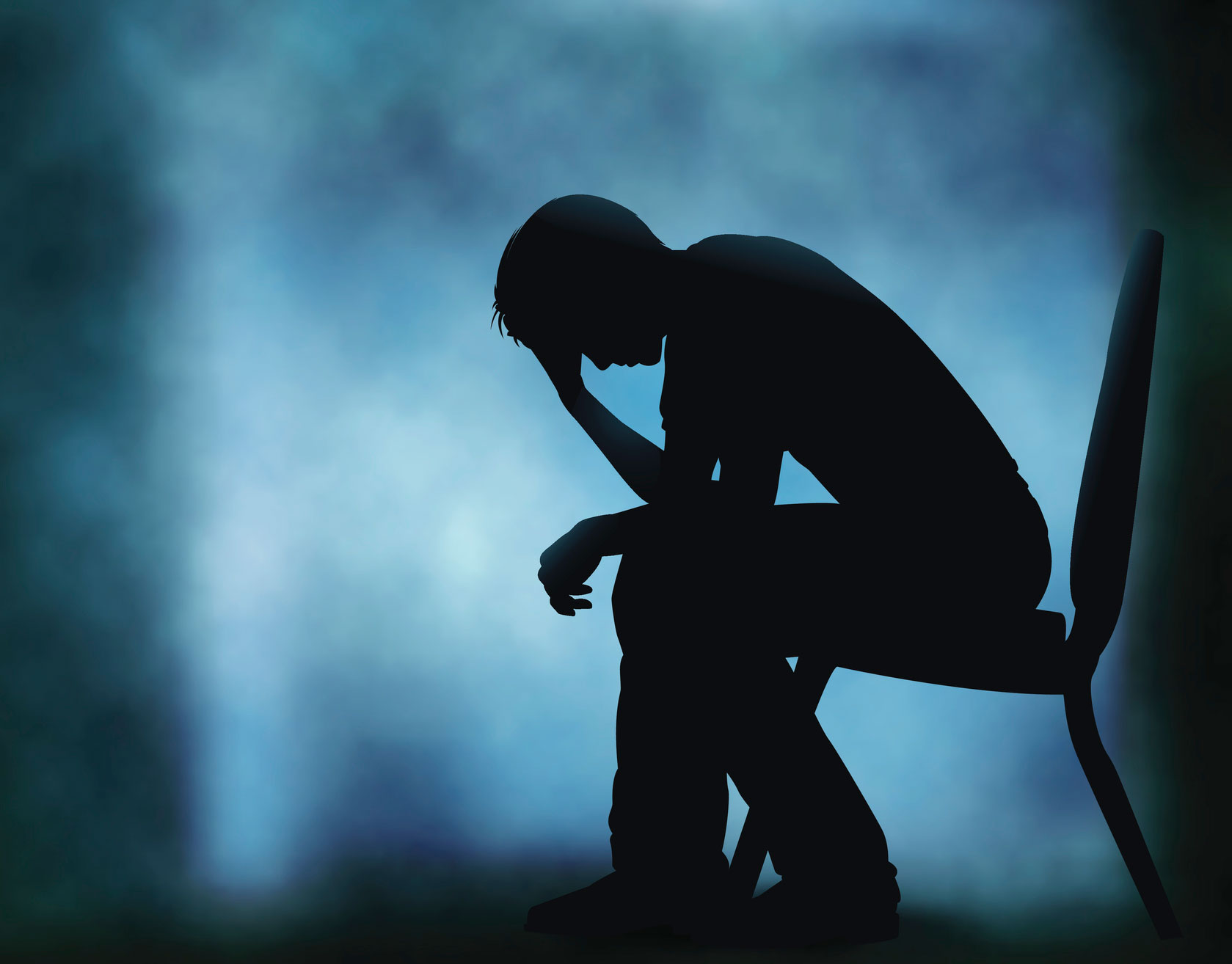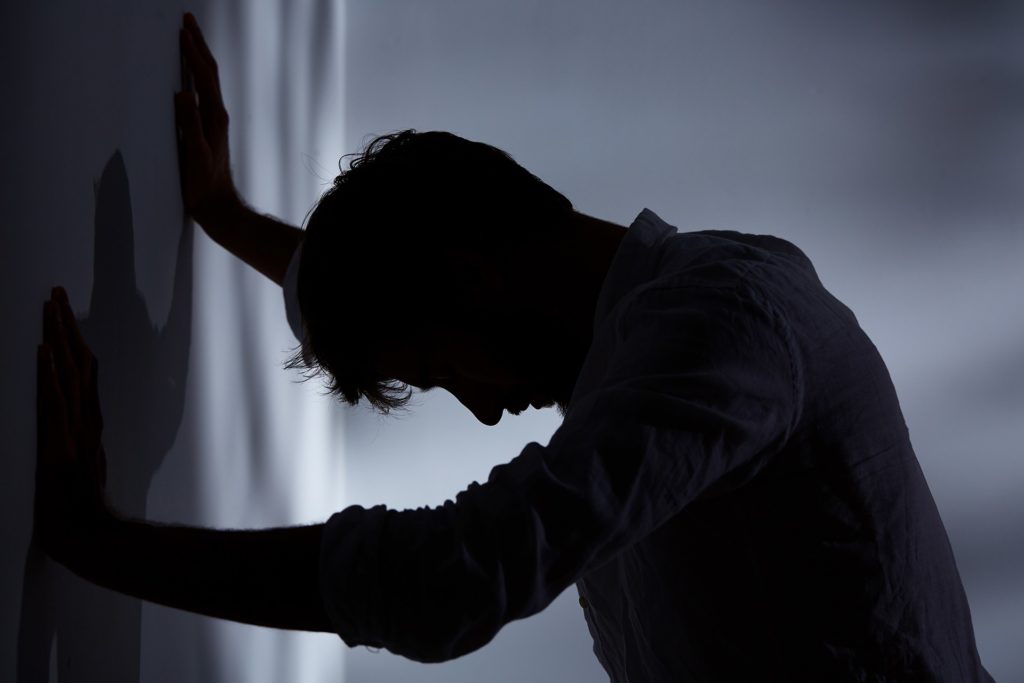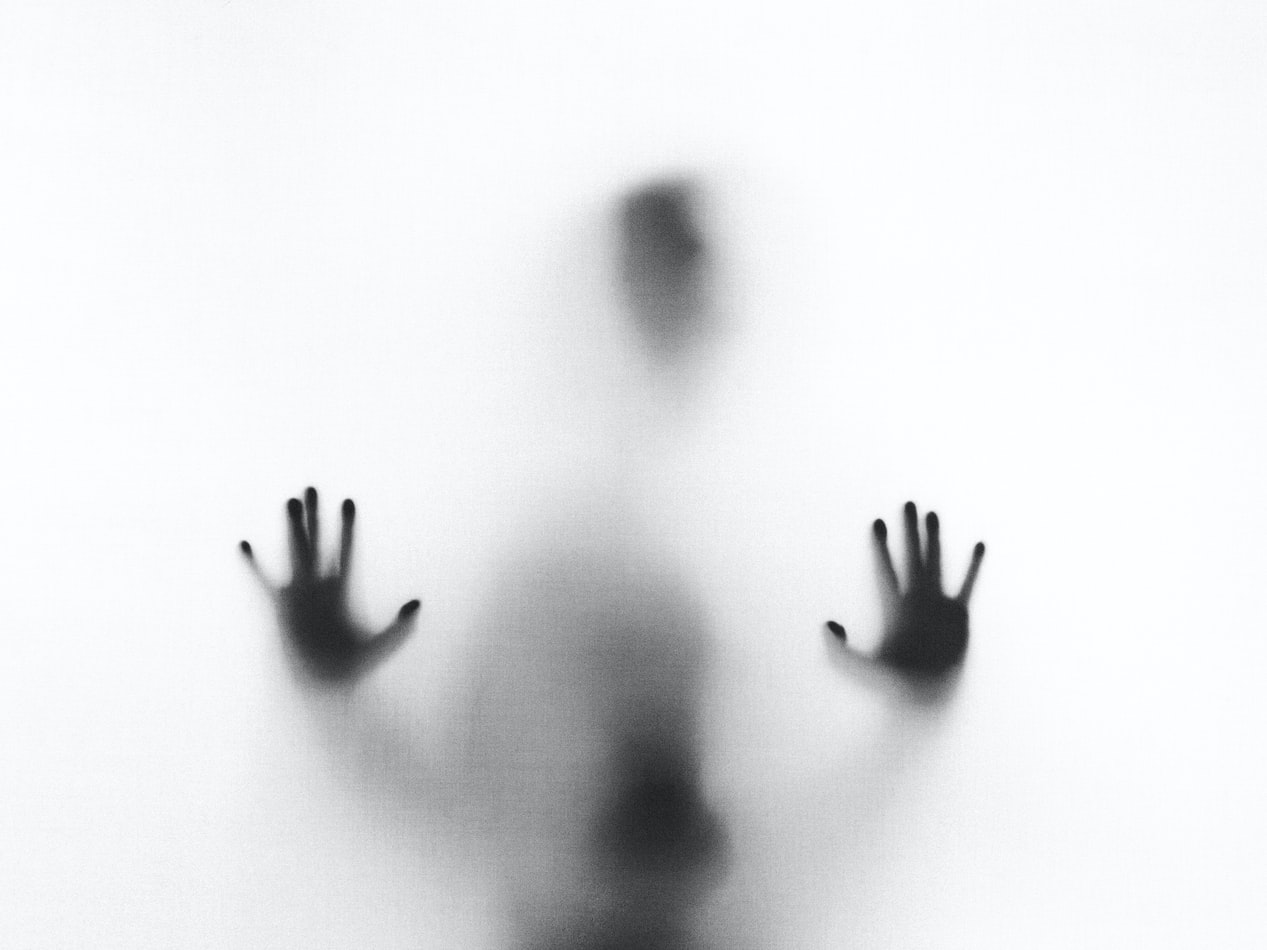We all feel down from time-to-time, but when these feelings of hopelessness and despair become more prevalent and deep-seated, to the point of crippling your life, you may actually be depressed. Depression is more than just feeling sad about life’s struggles and setbacks, it can change the way you think, feel and get through your day-to-day life, to the point where it affects your ability to work, study, eat, sleep, and enjoy life.
Everyone copes with depression in different ways. Some people may have feelings of impending doom, while others become lifeless, empty, and apathetic. Others, particularly men, can feel angry and restless. No matter how you feel, you need to remember that these feelings are symptoms of a mental health issue, and you can get better. It is a long, arduous road, but if you are reading this article, you have taken the first steps to feeling better and getting the required help in overcoming the problem.

Common signs and symptoms of Depression
Depression varies from person to person, but there are some common signs and symptoms. These include:
Feelings of helplessness and hopelessness – a common sign of depression is feeling like nothing will ever get better and there’s nothing you can do to improve your situation.
Loss of interest in things you used to enjoy – you feel like you no longer care about hobbies, pastimes, socializing and sex. Things you used to spend a lot of time doing before the despair set in.
Appetite or weight changes – Most depressed people tend to comfort eat. You may also notice changes in sleep patterns and engage in reckless behavior like compulsive gambling or substance abuse.
Anger or irritability – having a low tolerance level can be a telling sign of depression. If you suddenly feel agitated, restless, short-tempered or even violent, step away from the situation and take a moment to breathe. As hard as it may seem, you can’t let these feelings or follow-up feelings of self-loathing get the better of you.
Loss of energy – Feeling fatigued, sluggish, and physically drained. Your whole body may feel heavy, and even small tasks are exhausting or take longer to complete. You may also experience concentration problems like trouble focusing, making decisions, or remembering things.
Unexplained aches and pains – An increase in physical complaints such as headaches, back pain, aching muscles, and stomach pain.
Depression causes and risk factors
While some illnesses have a specific medical cause, making treatment straightforward, depression is far more complicated. Certain medications, such as barbiturates, corticosteroids, benzodiazepines, opioid pain killers, and specific blood pressure medicine can trigger depression symptoms in some people—as can hyperthyroidism (an underactive thyroid gland). But most commonly, depression is caused by a combination of biological, psychological, and social factors that can vary wildly from one person to another.
Despite what you may have seen in TV ads, read in newspaper articles or maybe even heard from a doctor, depression is not just the result of a chemical imbalance in the brain, having too much or too little of any brain chemical that can be simply cured with medication. Biological factors can certainly play a role in depression, including inflammation, hormonal changes, immune system suppression, abnormal activity in certain parts of the brain, nutritional deficiencies, and shrinking brain cells. But psychological and social factors—such as past trauma, substance abuse, loneliness, low self-esteem, and lifestyle choices—can also play an enormous part.
In part two of this series, we will explore the different types of depression and how they affect different genders and age groups. We will also explore techniques of coping with depression and how to begin recovering. Please note however that this article, and articles that follow, are not designed to replace professional help.
If support from family and friends and positive lifestyle changes aren’t enough, it may be time to seek help from a mental health professional. There are many effective treatments for depression, including therapy and medication.



